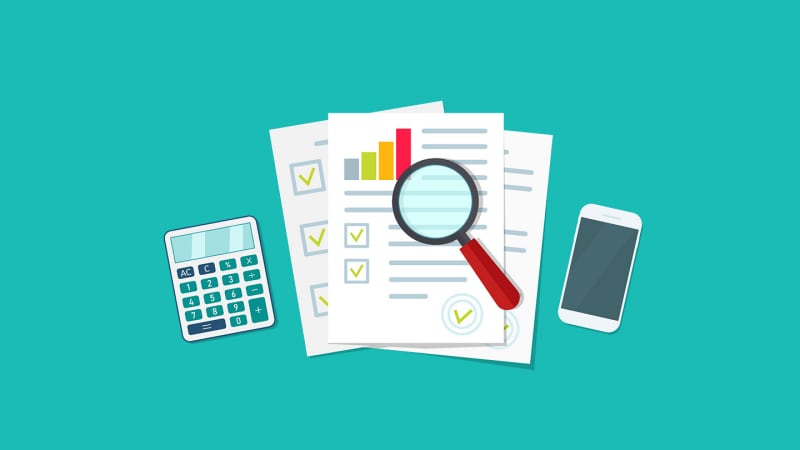Why you have different credit scores

Let’s take a look at what drives the variations in your credit scores.
For example, one day you decide to buy a car. You check your credit score, and it's 780. However, when the dealer checks your credit, your score is only 745. Why is that? Well, it turns out that you actually have dozens of different credit scores that are determined in a variety of ways.
The basics
You might think that your credit scores are all the same since they're based on your credit history, but they're not. Your credit scores will differ depending on a number of variables like:
- The credit bureau that provides your credit history
- The credit scoring model used to calculate your score, such as VantageScore® or the Fair Isaac Corporation (FICO®) model
- A lender's reason for checking your credit, like when you apply for a new credit card or loan.
Let's take a closer look at how these variables contribute to the differences you might see in your credit scores.
Credit bureau
A credit bureau is responsible for collecting and maintaining all the information in your credit report. There are three major credit bureaus, Experian™, Equifax®, and TransUnion®, as well as smaller bureaus that are specific to a region or that track data on specific financial products, such as checking accounts and payday loans.
Each bureau collects information about your credit on their own. The information on your report might be different because:
- Each lender gets to decide which bureau or bureaus they report to
- Lenders report information at different times, so one credit bureau could have more current information
- One bureau's report might include an error, like a missing account
These differences can lead to variations in your credit score, depending on the bureau.
Credit scoring model
Your credit score is determined by taking your credit history and putting it into a model that calculates your score. There are multiple credit scoring models. Most take into account factors like:
- Your history of making on-time payments
- How long you've had credit
- How much available credit you've used
The credit score you see on Chase Credit Journey® comes from the VantageScore 3.0 model. However, other scoring models, like the FICO score, may weigh the individual aspects of your credit report differently. This can create variations in your score.
The lender's reason for checking your score
Lenders and other service providers may check your credit score when you apply for a new credit card, mortgage, or insurance policy.
There are two main types of credit scores:
- Comprehensive scores: These scores summarize your past debts and your relationship with debt right now, providing a lens into your financial health.
- Industry-specific scores: In this case, a scoring company creates the score for a particular type of lender or service provider, such as an auto loan company or home insurer. To calculate one of these scores, the company may adjust your comprehensive credit score to better represent the likelihood of you meeting a specific type of financial obligation. For example, it may give more weight to your payments on past auto loans if you're applying for a new auto loan.
While it's normal for your credit score to differ based on a lender's reason for checking your score, a large or unexpected difference in one of your scores could be a warning sign of potential errors or accounts fraudulently opened in your name.
Key takeaways
- Your credit score isn't just one number. You can have dozens of credit scores, each created by different companies or for different types of loans, all based on your credit history.
- The credit score you see on Chase Credit Journey comes from the VantageScore 3.0 model and provides a comprehensive score to help you keep track of your financial health.
- Your credit scores might not be the same from one company to another. They will differ depending on which credit bureau supplies your credit report, which scoring model is used, and a lender's reason for checking your credit.



